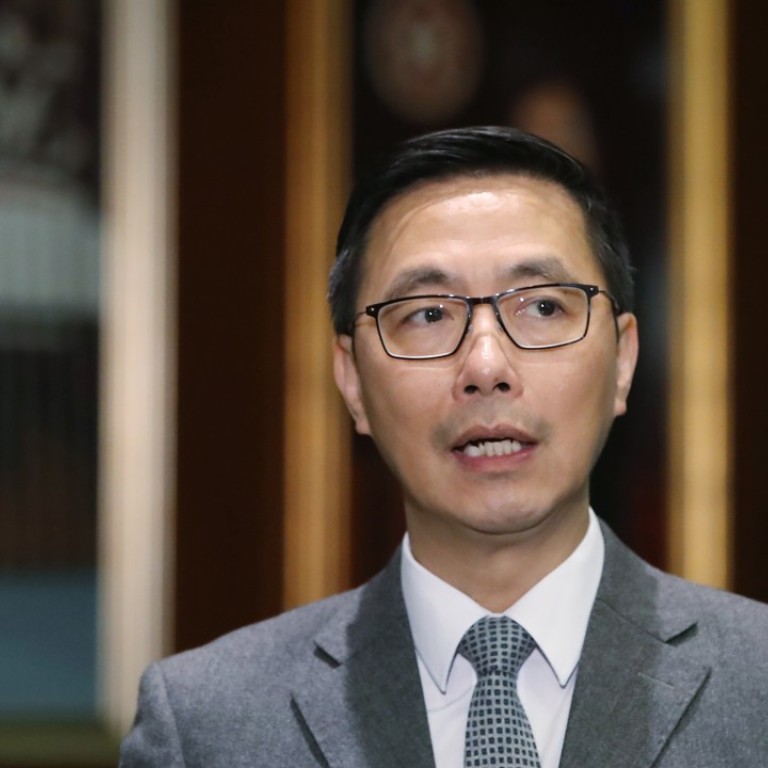
Benefits of knowing three languages speak for themselves
Latest controversy regarding the use of Mandarin against Cantonese arises in Hong Kong that, together with English, should be striving to be trilingual
It goes without saying that Cantonese is the mother tongue of Hong Kong Chinese.
Intriguingly, an article on the Education Bureau website argues that it should be Mandarin instead. The issue in question is perhaps a topic of interest to language experts.
But debate of such kind is uncalled for, especially when Cantonese and Mandarin are unnecessarily placed against each other in an increasingly politicised context. What matters most is that our official policy of biliterate – Chinese and English – and trilingual – English, Mandarin and Cantonese – shall continue.
The controversy arose when the article, written by a former official of the central government’s State Language Commission and uploaded to the bureau’s website along with 24 others some time ago, was singled out for criticism in an online forum recently.
Secretary for Education Kevin Yeung Yun-hung said the article was meant to provide different views of Mandarin teaching and did not represent the government’s position. But amid growing tension between the city and the mainland, conspiracy theories abound.

This is not the first time that Cantonese has been seen as belittled by the authorities. The bureau came under fire four years ago with another article arguing that Cantonese was just a dialect rather than an official language.
What intensifies the latest row further is the response of Chief Executive Carrie Lam Cheng Yuet-ngor. When asked by a lawmaker at the Legislative Council what her mother tongue was, Lam said the question was meaningless and did not answer.
The city’s leader may not have wanted to be dragged into a row where the language issue was politicised, but her reply was seen as different to that of Yeung, who agreed that Cantonese was Hongkongers’ mother tongue.
Even when Lam said there was no plan to change the language of teaching for now, she was criticised by some as reluctant to defend Cantonese.
The controversy owes much to the perception of how “one country, two systems” is implemented in Hong Kong.
There has been growing unease over the shifting emphasis from two systems to one country. Any perceived threat to our system, including our vernacular language, will be guarded against. That does not mean Mandarin should be kept at bay, though.
Cantonese is unquestionably what Hong Kong Chinese grow up with and use in their social life. In the business sphere, however, English remains essential, with Mandarin becoming increasingly important too. The three are not necessarily in conflict.
The Basic Law also recognises both Chinese and English as official languages. It is in the city’s interest to keep up with the trilingual policy. Instead of dwelling on the linguistic value and political connotation of the languages, efforts should be made to enhance Hong Kong as a trilingual city.

